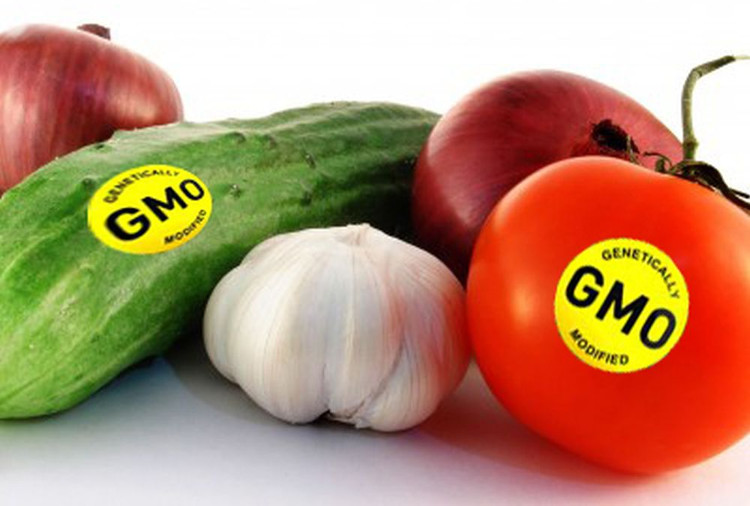Genetically modified food in Vietnam ever since?
Perhaps never before has the problem of genetically modified food become hot today, especially when there are always conflicting opinions about the effect of this food on human health.
Genetically modified foods (Genetically Modified Organism, or GMO for short) are used to describe foods that are made from genetically modified plants and animals.
In order to produce GMOs, it is possible to add or remove genes in the organism's genetic system. Normally, people often choose the genes of another species to add to the genome of a species.
This is done in the hope that new organisms with the genome will take advantage of both species. This is the process of creating individuals completely different from natural development.
GMOs are divided into two main categories : Herbicide-tolerant crops : growers can spray herbicides without harming plants and plants that produce toxins to eradicate insects and pests.

GMO genetically modified foods are currently very popular in agriculture around the world.
Biotech companies such as Monsanto (USA) and Syngenta (Switzerland) create GMO varieties that suggest genetically modified crops yield higher yields because they can withstand herbicides or withstand pests and insects.
GMO genetically modified foods are currently very popular in agriculture around the world, especially in the US and Europe. And the most popular food is the genetically modified corn and soybeans.
In Vietnam, genetically modified foods are flooding the market with both regular and floating sugar. The amount of imports of soybeans, corn . from markets with large area of genetically modified crops such as North America and Europe each year is very large. Most of these products are for farming and agricultural cultivation.
From January 8, 2016, genetically modified foods are prepackaged and must be labeled with "genetically modified " in Vietnamese. Accordingly, genetically modified foods prepackaged with at least one ingredient of genetically modified material greater than 5% of the total materials used must be labeled when circulating in the Vietnamese market.
Since this circular comes into effect, genetically modified foods that are circulating on the market will be required to be labeled according to regulations. Non-labeled genetically modified foods will not continue to be produced and imported after 8 January.
However, the above provisions apply only to prepackaged goods. Fresh foods, processed foods but not packaged do not have to comply with these regulations.

The most popular foods are the genetically modified corn and soybeans.
According to the Vietnam Institute of Applied Medicine, there is currently no scientific evidence to confirm the use of genetically modified food harmful to health. However, while genetically modified food is still a controversial issue, labeling for consumers is essential. This is also a regulation applied by many countries in the world.
In Vietnam, although only recognized 4 genetically modified corn varieties (not yet commercialized), the import of genetically modified food (soybean, corn, .) is practically from about 10 years. recently . Therefore, the labeling regulations for genetically modified foods will contribute to transparency of information so that consumers can choose.
There are a lot of different opinions in the world about whether GMO is harmful to human health after having experiments on mice when feeding genetically modified corn when sprayed with glyphosate herbicide has promoted the formation of cancer tumors in mice.
Although there has not been any definitive confirmation about the harmful effects of using genetically modified foods, it is clear that different flows of information and public opinion have confounded Vietnamese consumers. Matrix of genetically modified food.
- Vietnam will have high-yielding genetically modified food
- Genetically modified plants and the future in Vietnam
- DNA from genetically modified food goes straight into the human body
- Things you should know about GMO genetically modified foods
- How to identify GMO genetically modified foods
- Genetically modified salmon in the US is controversial
- Manipulating food security?
- Genetically modified plants still cause doubts
- Using genetically modified foods is prone to cancer
- Legislation of genetically modified corn harmful
- Recognizing 4 genetically modified corn varieties for food
- Countering genetically modified corn causes cancer in mice
 Green tea cleans teeth better than mouthwash?
Green tea cleans teeth better than mouthwash? Death kiss: This is why you should not let anyone kiss your baby's lips
Death kiss: This is why you should not let anyone kiss your baby's lips What is salmonellosis?
What is salmonellosis? Caution should be exercised when using aloe vera through eating and drinking
Caution should be exercised when using aloe vera through eating and drinking